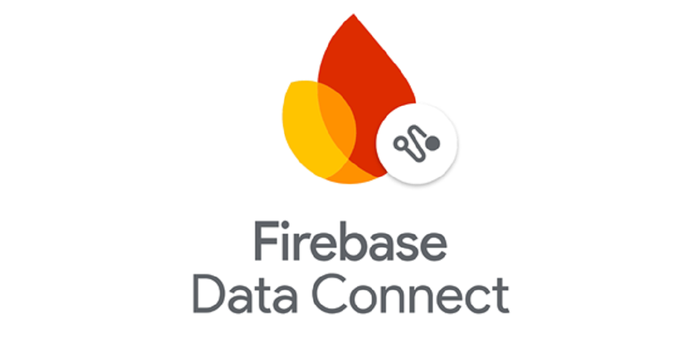Google I/O 2024 Advances Developer Tools, AI Efforts
Google reveals at its I/O 2024 conference new tools for developers across AI, Android, and the cloud.

Google I/O is supposed to be a developer conference, but the primary theme at the 2024 edition of the event was AI.
At this year's I/O developer conference, Google unveiled a torrent of new AI-powered innovations that CEO Sundar Pichai dubbed the Gemini Era. Gemini, Google's flagship multimodal AI model, took center stage with state-of-the-art capabilities infused across many of the company's products and platforms.
While Google prominently featured artificial intelligence at its annual I/O developer conference, the company also rolled out a suite of new platforms, tools, and updates to help developers build applications and experiences on Android, web, and cloud environments.
Among the top announcements at Google I/O 2024:
The next evolution of the Gemini AI model family, including 1.5 Pro, 1.5 Flash, and Project Astra
New generative AI models Veo for video and Imagen 3 for ultra-high-res images
The launch of Google's Project IDX platform for building interactive AI apps
Trillium Tensor Processing Unit (TPU) silicon for better performance
Advances in Android security/privacy and deeper on-device AI integration
Major updates across the entire Firebase development suite
Tools to simplify development across Android, iOS, web, and Windows
Gemini Advances: New Models and Intelligent Agents
During the opening keynote, Pichai emphasized the company's rapid progress in AI.
"The power of Gemini, with multimodality, long context, and agents, brings us closer to our ultimate goal: making AI helpful for everyone," Pichai said.
Google announced major updates to its Gemini model family. Gemini 1.5 Pro provides an extremely high level of contextual understanding by processing up to 1 million tokens. A new 1.5 Flash model optimizes for speed and efficiency on device.

For developers looking to build interactive AI experiences and assistants, Google released Project IDX — a new AI platform providing customizable models, tools, and frameworks. Perhaps most intriguingly, Pichai teased "Project Astra" — Google's vision for future AI agents that can engage in free-form dialogue while drawing upon broad knowledge.
"It's still early, but the north star we're aiming for is an AI agent that can engage with you over a long period of time," he said.
Much of Google's AI efforts are powered by its own TPU silicon, which is also getting an update. Pichai announced the new Trillium TPU, which Google claims will provide a 4.7x improvement in compute performance per chip over the previous generation, TPU v5e.

Firebase Suite Expands Its Reach
At Google I/O 2024, the company also announced a series of significant updates to its Firebase app development platform, aimed at enabling developers to rapidly build and run modern, AI-powered experiences across platforms.
One of the major reveals was Firebase Data Connect, a new product currently in private preview. Data Connect allows developers to connect their Firebase apps directly to a PostgreSQL database hosted on Google Cloud SQL. By defining a data model and desired queries, it automatically generates the database, API server, and SDKs, keeping everything in sync.
Another key launch is Firebase Genkit, an AI integration framework now in open beta. Genkit provides libraries, plugins, tools, and access to powerful AI models to help compose sophisticated AI flows and patterns like retrieval-augmented generation (RAG). It also includes local dev tooling for running and debugging AI features.
For calling AI models directly from app clients, Google introduced the Vertex AI for Firebase SDKs (preview). Available in Kotlin, Swift, Dart, and JavaScript, these SDKs enable secure access to the Vertex AI Gemini API models from mobile and web apps.
On the web front, Firebase unveiled App Hosting (preview), a modern, framework-aware serverless hosting solution with built-in support for Angular, Next.js, and more. It automatically provisions the required infrastructure based on source code.
Firebase also enhanced Remote Config with feature rollouts, allowing safe, incremental rollouts of new capabilities with integrated monitoring. The new Release Monitoring dashboard, powered by Crashlytics, provides real-time insights into version adoption, crashes, and more.
Rounding out the updates is general availability of Gemini in Firebase, which can now generate AI-powered insights and recommendations for crashes and errors spotted in Crashlytics.
With these launches, Firebase aims to evolve into a platform that empowers developers to seamlessly integrate AI across the full app development lifecycle — from database to deployment.
About the Author
You May Also Like








.jpg?width=700&auto=webp&quality=80&disable=upscale)
